The First Nations people of the Tla-o-qui-aht have a vision for the future that has roots in the past. When clear-cutting in the 1980s threatened to destroy the Ancestral Gardens on Meares Island, the largest act of civil disobedience at that point in Canadian history put the region on the international stage, and created an environmental movement led by the Tla-o-qui-aht people.
Thirty-seven years later, these ancient, old-growth rainforests and the coastal ecosystem they are a part of, are respected as priceless and irreplaceable. Thanks to teachings generously shared by members of Tla-o-qui-aht, settler residents and guests in the area are coming to recognize how we all benefit from the Nation’s deeply rooted culture of grateful stewardship upheld through generations.
Be transformed: Tla-o-qui-aht Tribal Parks transform the environment and the visitor
Wanachus Hilthuuis (Meares Island) has significant cultural, political and social importance and is the birthplace of the Tla-o-qui-aht Tribal Parks. It’s not everyday that you get to stand in the presence of awesome, but when you do, you know it. Wanachus Hilthuuis is home to Tla-o-qui-aht’s Big Tree Trail and this experience will transform you.
Western red cedar as old as 1,500 years are truly awe inspiring and are among the oldest living lifeforms on earth. It’s profound to see these amazing trees in the ancient old-growth forest saved from industrial logging only a short while ago.
The Tribal Parks’ ecologically vital movement takes land stewardship to a new level. In 1984, the Tla-o-qui-aht chiefs declared the whole of Meares Island a Tribal Park, and with this designation comes ancient responsibilities – “to ensure the well-being of the people and the land” and to share it with travellers so that they can experience first-hand why these places need to be protected and cared for, notes Terry Dorward, Tribal Parks Coordinator. “Our chiefs before in our 1984 delegations wanted to share the beauty of what nature has to offer.”
Community first: His-shuk-nish-tsa-waak (we are all one)
Tourism in Tofino is big business ($240 million annually), and the Tla-o-qui-aht’s Tribal Parks Movement asks those sharing in Tofino’s richness to share some of that back into the community. Over 75 community businesses recognize the immense value of the Tribal Park lands as an economic stimulant, and most importantly, as an irreplaceable treasure that must be preserved for the future.
Through the one per cent Ecosystem Service Contribution by Tribal Park Allies, Tribal Parks connect visitors to the story of the Tla-o-qui-aht people and support their vision for a culturally and ecologically rich coastline for their grandchildren to care for.
First-hand experience
Many guests experience the Tla-o-qui-aht Tribal Parks each year and have access to a variety of cultural and educational activities. Access to the Big Tree Trail is provided by an array of local kayak and guiding companies.
Plans for the future include building on the Parks’ original vision of maintaining the land for the health of the Tla-o-qui-aht Territory for future generations, for upholding Tla-o-qui-aht laws and to welcome visitors to experience the land, Tla-o-qui-aht culture, and the inseparable connection between the two.
Language classes to gain insight into the immense diversity and beauty of the Tla-o-qui-aht’s Nuu-chah-nulth language are also available.
Contributions by local tourism-based businesses and visitors support a variety of community projects, such as:
- restoration of habitat affected by industrial logging
- coastal clean-up of human-made pollution
- removal of derelict boats
- rehabilitation of salmon habitat affected by pollution
- invasive species management
- stewardship of the land
Additionally, contributions benefit education training, community service, community capital projects and language preservation.
The Tla-o-qui-aht believe the land has healing powers, and the Ancestral Gardens are the heart of the community that must keep beating for everyone. “When a Tla-o-qui-aht person travels into the traditional territory of another Nation, they carry a prayer with them as a reminder to travel with dignity and respect. The Tla-o-qui-aht people invite you to carry these words in your heart as you travel with purpose through the Tribal Parks.”
To learn more, visit www.tribalparks.com or check out the Facebook page here or Instagram here.

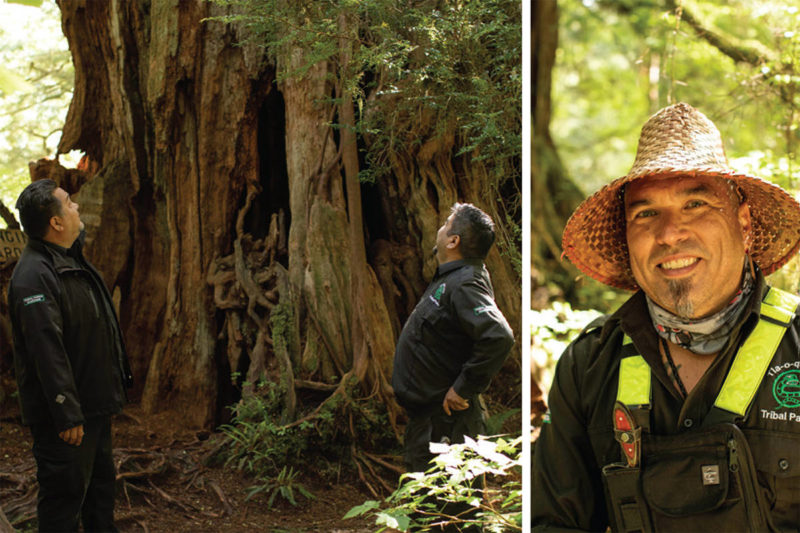
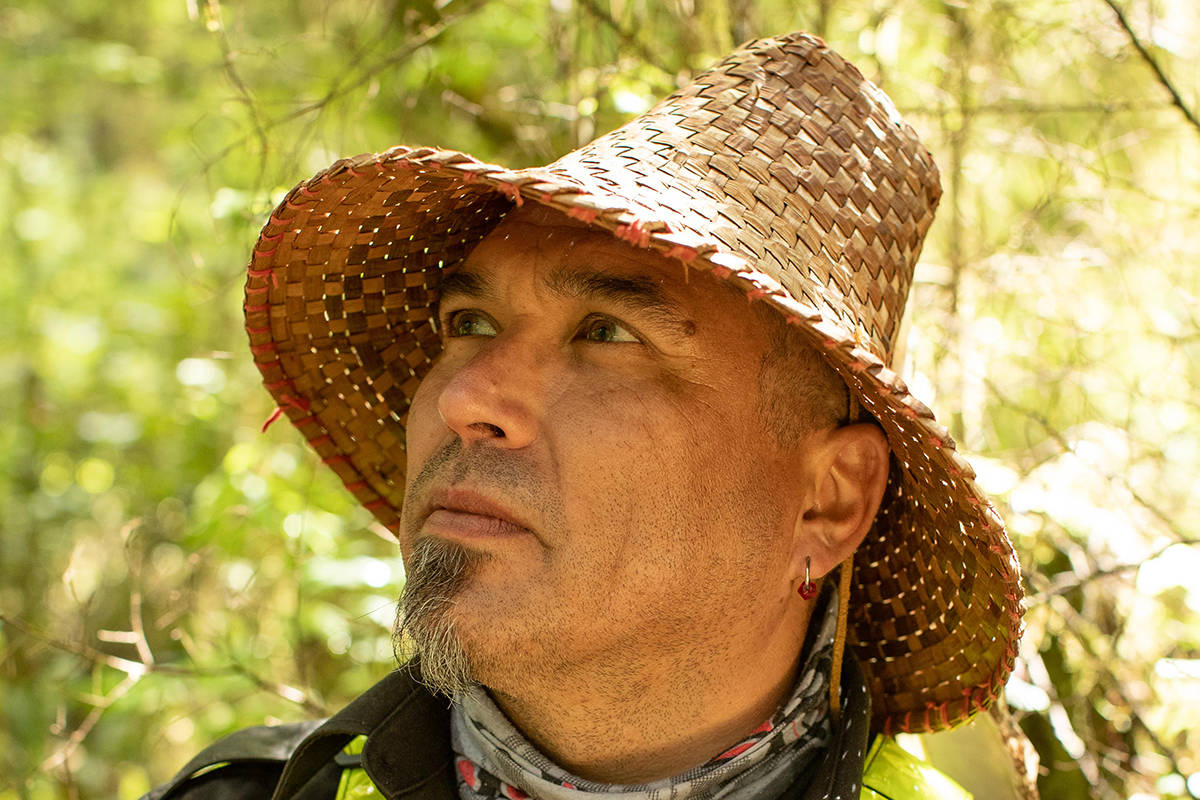
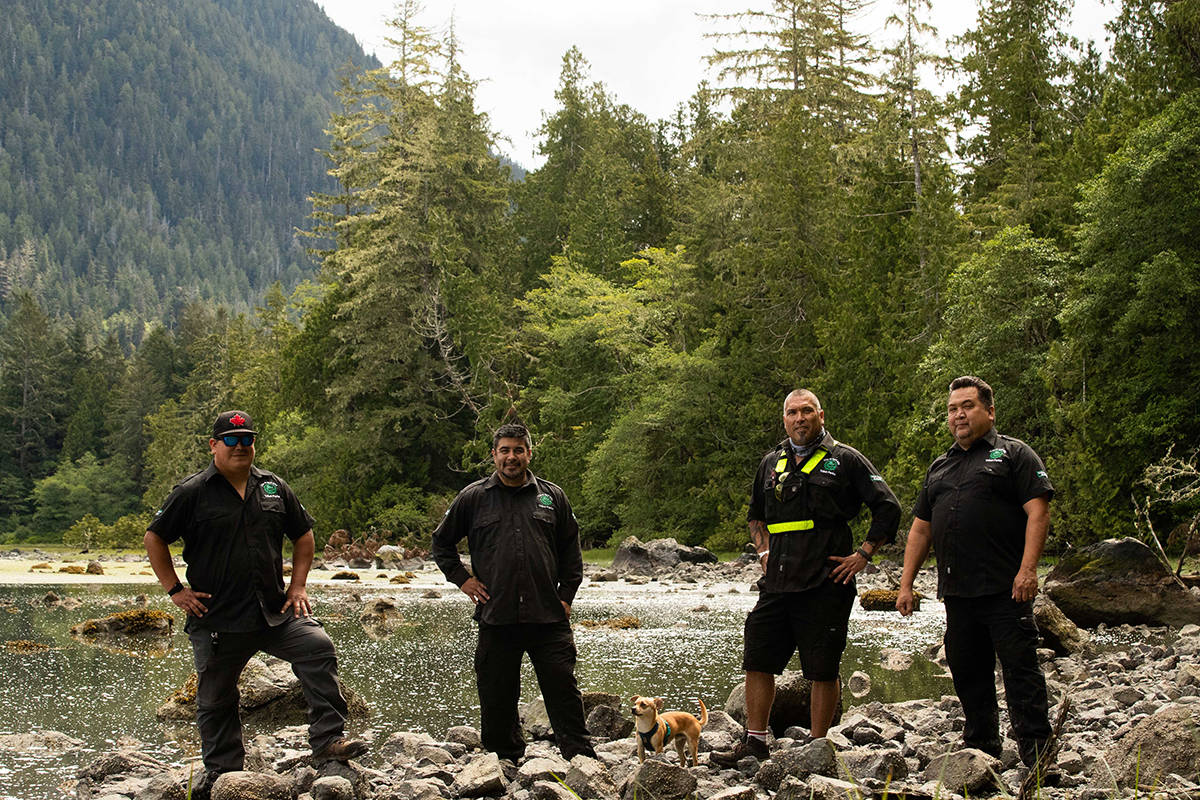

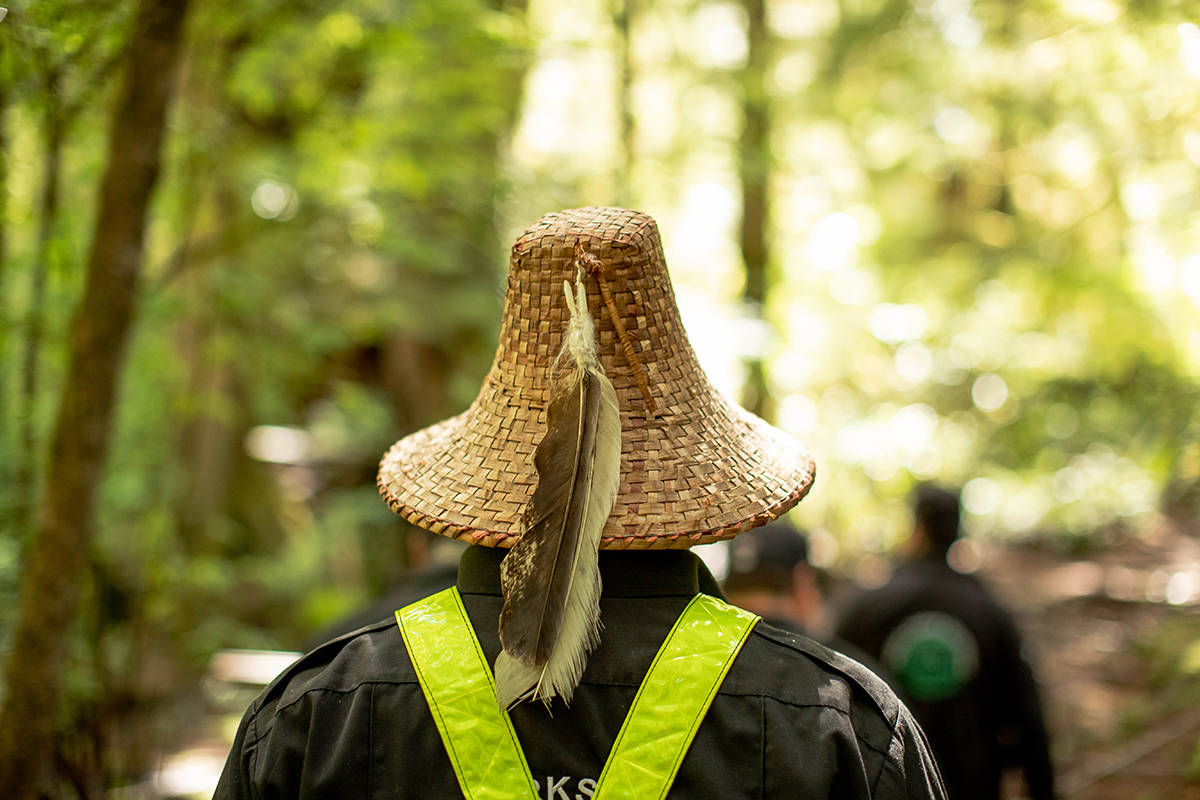




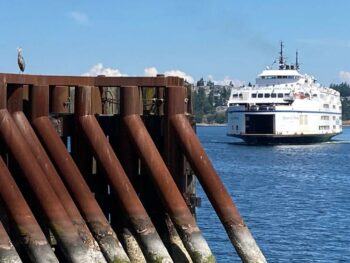
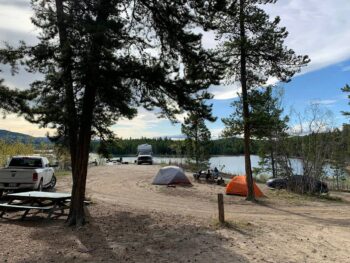
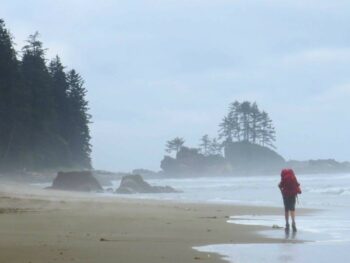

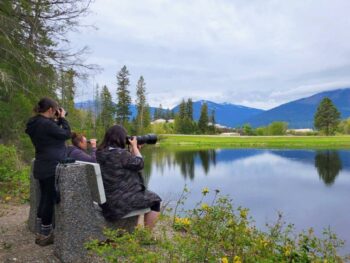
 True Tranquility: Exploring legendary Haida Gwaii
True Tranquility: Exploring legendary Haida Gwaii